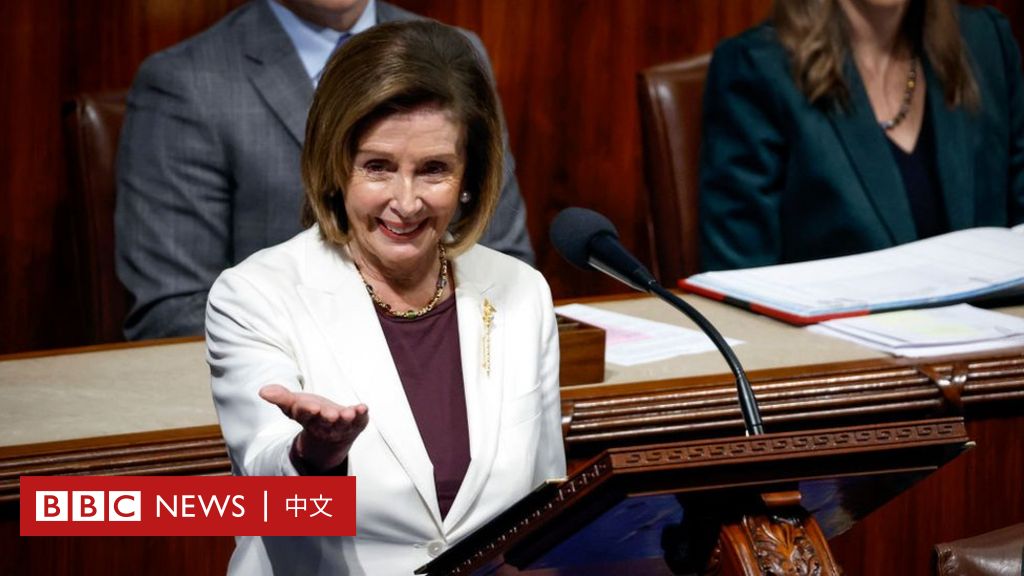photo source, NEWS1
Officials monitoring the status of DDoS attacks on major domestic sites at the Internet Breach Response Center of the Korea Internet & Security Agency (KISA) General Control Room
The White House has pointed out that North Korea is taking huge amounts of money needed for nuclear and missile development through malicious cyber activities such as hacking.
Anne Neuberger, deputy adviser for cyber and new technologies at the White House National Security Council, said in a briefing on the 17th (local time), “North Korea is funding 30 percent of its missile development through the ‘hacking, like numerous cyberattacks on cryptocurrency infrastructure.’ he said.
In particular, it was pointed out that “Tornado Cash”, a mixer used for cryptocurrency laundering (a technology that splits cryptocurrencies so that it is not known who sent them), helped move up to 600 million dollars ( about 811 billion won) of illicit funds…
The US government recently imposed sanctions on the mixer company.
“In response, the United States will enhance intelligence cooperation with our allies and continue to work to prevent the movement of illicit funds using cryptocurrency infrastructure,” Newberger said.
In this regard, Lim Jong-in, a professor at Korea University’s Graduate School of Information Security who served as special security adviser to the Blue House, told the BBC that “North Korea steals at least a billion dollars every year. “
Cyber capabilities are North Korea’s main asymmetric strength
In fact, North Korea classifies cyber capabilities into three major asymmetric forces along with nuclear weapons and missiles.
Earlier, President Kim Jong-un emphasized cyber warfare along with nuclear weapons and missiles in the early days of his rule as an “all-round precious sword” ensuring the ruthless strike capability of the People’s Army.
photo source, KCNA via Reuters
Cyber capabilities are North Korea’s top three asymmetric forces, along with nuclear weapons and missiles.
Professor Lim pointed out: ‘Israel and North Korea are considered cyber powers after the United States, China and Russia.’
Earlier on the 15th, the US Department of Homeland Security also announced that North Korea had stolen more than 1 billion dollars (about 1.316 trillion won) of cryptocurrency and hard currency in the past two years and used them to finance its weapons of mass destruction program.
Meanwhile, according to a report by the United Nations Security Council Sanctions Committee on North Korea in April, North Korea has spent more than $50 million (about 60.7 billion won) on at least three exchanges of virtual currency in North America, Europe and Asia from 2020 to mid-2021. Allegedly stolen.
Also included was an assessment by a private cybersecurity firm that the theft of North Korea’s virtual currency amounted to $400 million (about 485.4 billion won).
“Cyber attacks on virtual assets remain an important source of revenue for North Korea,” the report said, “and continue to target financial institutions, cryptocurrency companies, and exchanges.”
In addition, he stressed that North Korea’s cyber tactics to evade international community sanctions and surveillance network are becoming more sophisticated.
“A trick to finance 31 missile launches”
On the same day, the “Korea-US Joint Public-Private Symposium on Responses to North Korean Cryptocurrency Theft” was held in Seoul.
In particular, it has been pointed out that the problem of cryptocurrency theft is behind North Korea’s recent ballistic missile test launches.
“North Korea hacked into a game company called ‘Exy Infinity’ in March and stole $620 million (about 830 billion won) in cryptocurrency,” said Kim Gunn, head of the North Korea’s peace negotiations headquarters. Korean peninsula at the South Korean Ministry of Foreign Affairs. .
In particular, he stressed that “North Korea is estimated to have spent up to $650 million to launch 31 ballistic missiles in the first half of this year alone.” In other words, with just one hack in March, North Korea earned the full cost of launching ballistic missiles in the first half of the year.
photo source, Reuters
Scenes from recent North Korean missile test launches released by Korean Central News Agency (KCNA) on November 7, 2022
Director Kim said, “Many experts are raising the possibility that Southeast Asian countries, where the size of the cryptocurrency market is rapidly increasing, could become targets of North Korean hacking attacks. More countries should pay attention to the threats of North Korea”.
“North Korea’s illegal cyber activities should not be perceived simply as financial crimes in cyberspace,” said Lee Tae-woo, head of North Korea’s nuclear diplomacy planning department at the ministry of foreign affairs.
“North Korea is one of the most notorious countries actively extorting money from other countries, companies and people,” said Jeong Park, the US deputy special representative for North Korea, who visited South Korea. Not only that, but we can prevent the use of illicit North Korean funds for weapons development programs.”
In fact, cybersecurity experts agreed that a long period of research and a lot of data are needed to prove North Korea’s hacking-related activities.
Moon Jong-hyun, director of East Security (ESRC), underlined this, saying, “We are facing the task of increasing the number of experts at the government and private agency levels.”
Professor Lim Jong-in also said, “Cybersecurity is something that requires global cooperation” and added, “Korea-US cooperation must go beyond military alliances and be strengthened up to cyber alliances.”
About 200 government officials from 16 countries, cryptocurrency exchanges and blockchain companies attended the symposium, and shared information about North Korea’s cases and methods of illegal cyber activity and North Korea’s frequently used malicious software.


